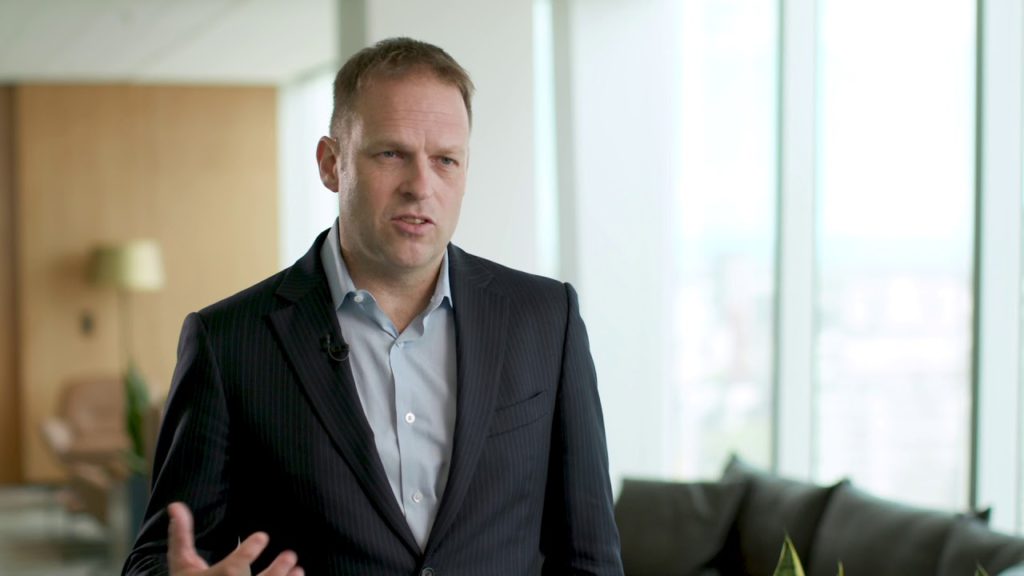BHP to focus on cost cuts, patient on M&A

Global miner BHP Group is focused on cutting costs to drive growth while being patient on buying assets, its chief development officer Johan van Jaarsveld said on Thursday in Melbourne.
“This is a cyclical industry, and you sometimes are going to have to wait for 10 years or may be more to get the right opportunity at the right price,” van Jaarsveld said.
“If we can save 10% of our cost base, that’s $20 billion in value that’s under our control. The last time someone created $20 billion with an M&A deal – I’d like them to tell me when it was.”
While lots of money would be made in lithium over the next few years, BHP was not invested in the sector because the long-term margins were not sufficient, but in nickel, BHP expects to eventually become the world’s second biggest producer.
It intends to ramp up to produce 200,000 metric tons a year of nickel, second only to Russia’s Norilsk Nickel with its Australian operations producing 120,000-130,000 tons and its Tanzanian Kabanga operations around 60,000-70,000 tons.
Van Jaarsveld backed BHP’s view that nickel sulphides remain the most attractive ore to own, because conversion costs to higher purities are cheaper than with laterites, despite a steady decline in nickel production costs in Indonesia, the world’s top supplier of nickel from laterite.
He acknowledged this year’s 36% slump in LME nickel prices and said the miner regularly reviews its commodity outlook.
“There has been a lot of (price) volatility and I think there has been more coming out of Indonesia than I think a lot of folks expected. As we sit here today, we haven’t changed our view on nickel,” he said.
Divestment downside
Van Jaarsveld said a deterrent to acquisitions was the need to later sell off assets.
For example, he said Canada’s Teck Resources, whose metals business has attracted interest from a number of major miners including Glencore, arguably has some commodities that BHP would like more exposure to.
For BHP to engage in a buyout, it would need to consider price, ease of jurisdiction, and opportunity to add value, among other factors, but then would need to think about which assets it would have to divest.
“So you’ve just paid a 30% premium for everything,” he said. “This is what makes M&A hard. You can do a great deal and then you have to sell 30% of what you just bought and you’re losing all your synergy value.”
BHP has been trying to sell two Queensland metallurgical coal mines since August 2020 and is assessing prospects for assets it acquired in its $6.4 billion takeover of Oz Minerals, such as the Pantera copper and gold project in Brazil.
“BHP’s Oz Minerals Brazil is not on the market,” van Jaarsveld said.
“The deal only closed in May. We are looking at what we have got,” adding “you don’t want to sell assets, potentially and then somebody else make a big discovery.”
(By Melanie Burton and Lewis Jackson; Editing by Tom Hogue and Sonali Paul)
More News
{{ commodity.name }}
{{ post.title }}
{{ post.date }}




Comments
Adam ambari
Im a transporter,,based in tanzania ,currently we are engaged in discussion with BHP ,in regard to BHP ,newly acquire nickel mining,,basically in area of transportation and logistics